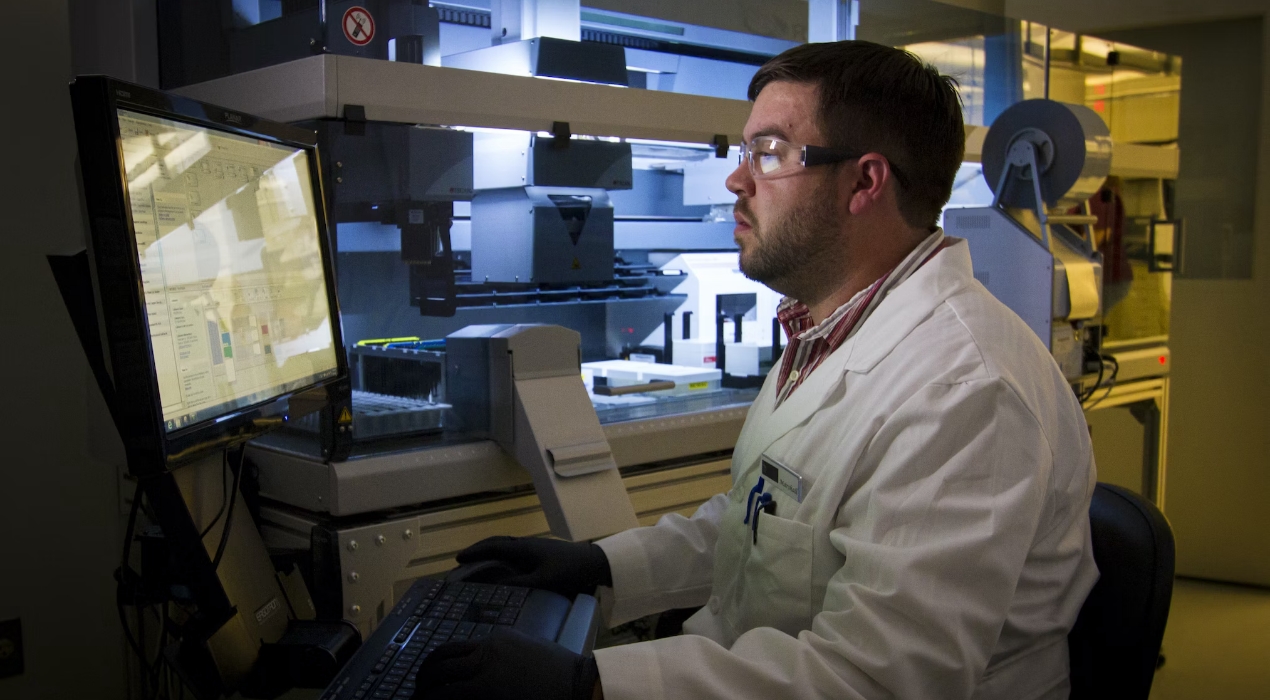We’re thrilled to announce that our Managing Director and Chief Scientist, Chris Foley, PhD, is representing bioXcelerate AI at this year’s American Society of Human Genetics (ASHG) Annual Meeting. Held in Denver, Colorado, the ASHG 2024 conference brings together thought leaders, researchers, and innovators from around the globe to explore the latest advancements in human… Continue reading bioXcelerate AI at ASHG 2024: Presenting Genetic Research with ImpMap and SwitchStep
Tag: Genetics
Building Data Assets in Drug Discovery
Large population-based cohort studies like UK Biobank are crucial for drug discovery, providing the statistical power needed to identify small effects that would otherwise go unnoticed. Data assets can be generated in-house or accessed from external sources, each approach having its own advantages and challenges. Pharmaceutical research demands structured, quality data, with drug development being… Continue reading Building Data Assets in Drug Discovery
bioXcelerate AI Senior Team Recognized as Editors for Special Issue in Frontiers on Advances in Genetic Epidemiology
Chris Foley, Chief Scientist & Managing Director, and Zhana Kuncheva, Director of Health Data Science at bioXcelerate AI, were co-editors for a special issue in Frontiers “Methods in Applied Genetic Epidemiology 2022” – a field that had witnessed considerable growth in recent years. Foley and Kuncheva, both seasoned industry experts, boast a wealth of accomplishments… Continue reading bioXcelerate AI Senior Team Recognized as Editors for Special Issue in Frontiers on Advances in Genetic Epidemiology
Tracing Genetic Mechanisms Underlying Human Disease
In collaboration with one of the world’s leading Translational Biology teams, based at Biogen US, Optima’s Chief Data Scientist Dr Chris Foley’s research into the heritability of human disease now features in Nature, the world’s leading multidisciplinary science journal. Along with lead authors Dr Benjamin Sun and Dr Heiko Runz, Dr Foley is contributing to an international… Continue reading Tracing Genetic Mechanisms Underlying Human Disease
MR-Clust: clustering of genetic variants in Mendelian randomization with similar causal estimates
Objectives: The research aimed to utilize Mendelian randomization (MR) as a robust epidemiological technique to investigate and estimate causal relationships between specific risk factors and their resultant outcomes. This study sought to leverage genetic variants as instrumental variables to provide a reliable framework for understanding the underlying causal mechanisms of various health conditions. Ultimately, the… Continue reading MR-Clust: clustering of genetic variants in Mendelian randomization with similar causal estimates





